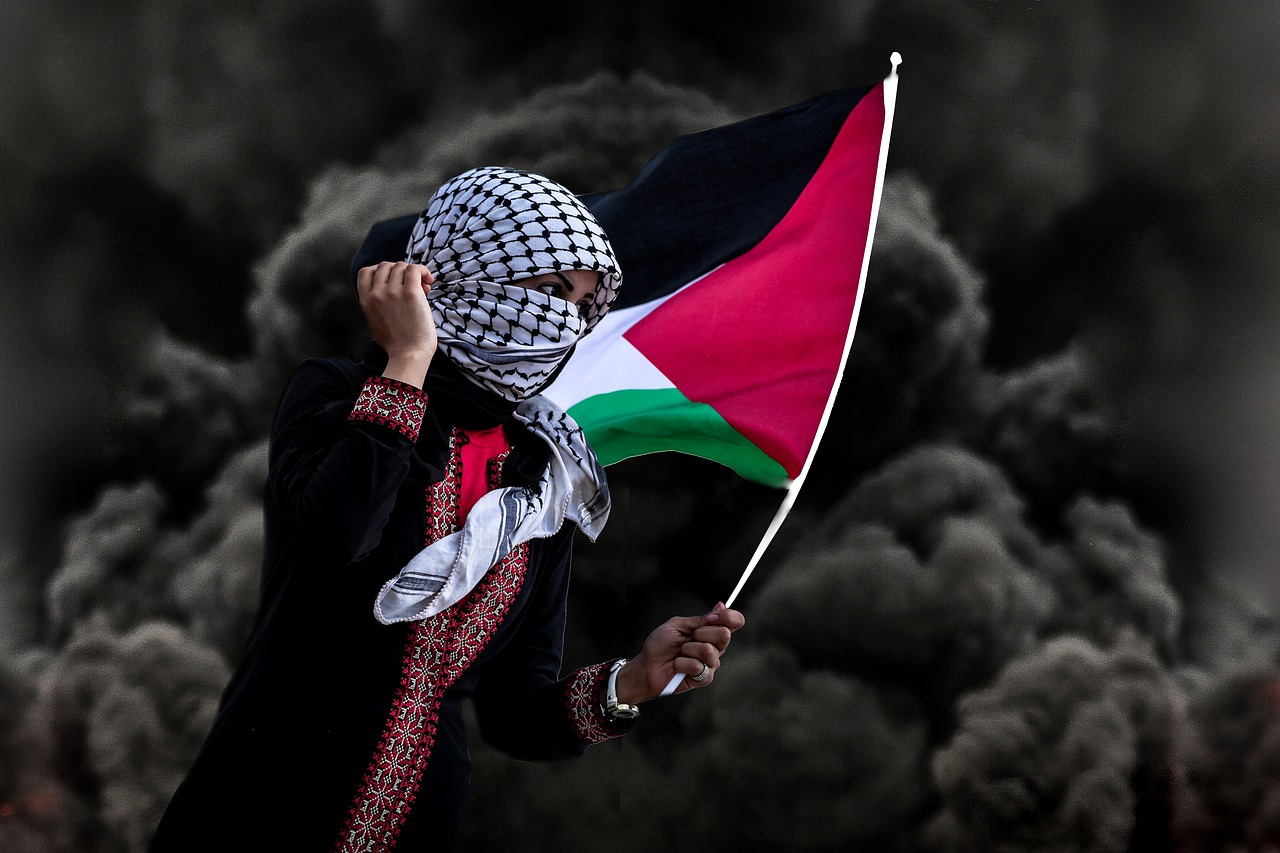
A rare thing happened in South Africa this month: the ruling party was widely applauded by its citizens for taking a moral stand.
After tens of thousands of people in Cape Town and Johannesburg marched in favour of a ceasefire in Gaza, President Cyril Ramaphosa’s government announced that it was recalling its ambassador from Israel.
Ten days later, on November 17, Ramaphosa said his government had reported Israel to the International Court of Justice, accusing it of committing war crimes in Gaza.
“We stated our position as South Africa very clearly that we are opposed to the operations that are ongoing, particularly they are now targeting hospitals where babies, women and the injured are dying like flies,” Ramaphosa said during a state visit to Qatar.
Following a period known as the lost decade of corruption and power cuts, the ICC decision was one that millions of South Africans could rally behind. Many saw it as the reclamation of a proud history of activism that forms part of the national DNA.
South Africa’s support for the Palestinian cause is rooted in the historical ties between the ruling African National Congress and the Palestine Liberation Authority.
International relations minister Naledi Pandor has spoken eloquently about the human rights philosophy underpinning South Africa’s position on Palestine, drawing comparisons with the Palestinian cause and the struggle against apartheid.
In a statement in parliament, Pandor said: “The people of Palestine are denied the right to exist as human beings. They are denied the right to enjoy the freedoms and the rights we so love as South Africans, the rights and freedoms we fought so hard for, the rights and freedoms we’re united on as a diverse South African people today.”
As the chief spokesperson on this diplomatic matter, Pandor has been both persuasive and relentless, even in the face of fierce criticism from opposition parties, including that she supported the terror attacks that Hamas carried out on Israeli civilians on October 7.
Still, her critics point out that the leadership that she and her colleagues have displayed on Palestine is noticeably missing at home. One area of shame is crime, which consistently ranks as the top concern of South Africans, next to unemployment.
In August, national police minister Bheki Cele released statistics that showed between April and June this year, police recorded 6,228 murders, a 3% decline on the previous quarter. Even though Cele celebrated this figure as the first quarterly decline in three years, University of Stellenbosch criminologist Guy Lamb points out that violent crime remains alarmingly high.
Writing for The Conversation, Lamb stated that murder statistics remain the highest in two decades.
For a government that has been a strident opponent of war, dating back to the US invasion of Iraq in 2003, it is noteworthy that this is the approach that South Africa has chosen in its fight against crime – and failed.
“This is a ‘war’ the police can’t win on their own, because violent crime is a complex phenomenon,” Lamb writes.
Like elsewhere in the world, crime is attributed to a variety of social factors, including poverty, unemployment and poor living conditions. Not to mention the fact that South Africa is the most unequal society in the world, with the wealthiest people on the continent living side by side with the poorest.
Add to that the fact that violence has come to be regarded as a natural response to conflict, as witnessed in the rise in political assassinations, and the picture that emerges is that of a country at war with itself.

